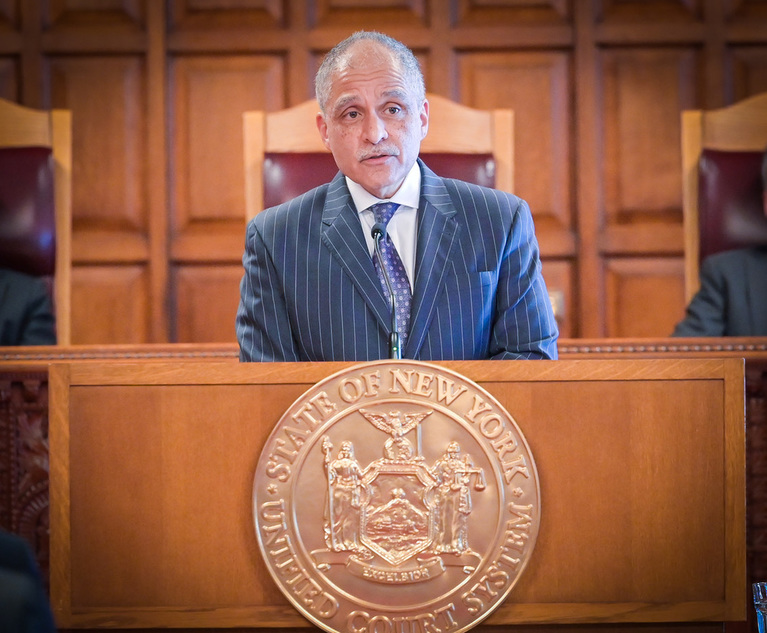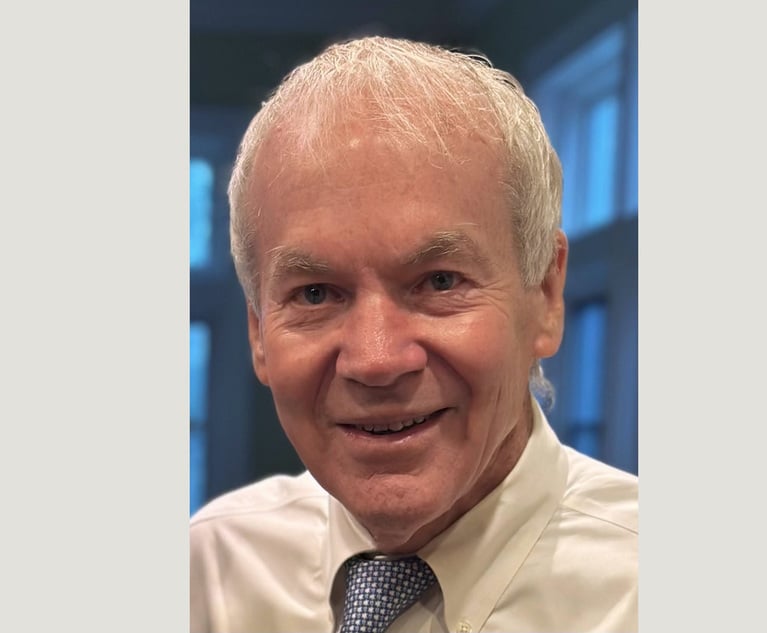No matter how significantly COVID-19 has changed manner in which elder law is practiced (shuttered courthouses, self-isolation, remote computing and video conferencing), the substantive law changes during this period have been even more momentous.
The eligibility for Medicaid home care has been drastically altered; the Medicaid application requirements and recertification process are totally revised; remote notarization is permitted; and remote execution of wills and other estate planning documents is now allowed. What was unthinkable just a few short weeks ago is now the “new normal.” These changes will require a complete rethinking of the practice of elder law and the advice given to clients.
Medicaid Home Care Will Have a 30-Month Look-Back Period
This content has been archived. It is available through our partners, LexisNexis® and Bloomberg Law.
To view this content, please continue to their sites.
Not a Lexis Subscriber?
Subscribe Now
Not a Bloomberg Law Subscriber?
Subscribe Now
LexisNexis® and Bloomberg Law are third party online distributors of the broad collection of current and archived versions of ALM's legal news publications. LexisNexis® and Bloomberg Law customers are able to access and use ALM's content, including content from the National Law Journal, The American Lawyer, Legaltech News, The New York Law Journal, and Corporate Counsel, as well as other sources of legal information.
For questions call 1-877-256-2472 or contact us at [email protected]


 Daniel G. Fish
Daniel G. Fish




